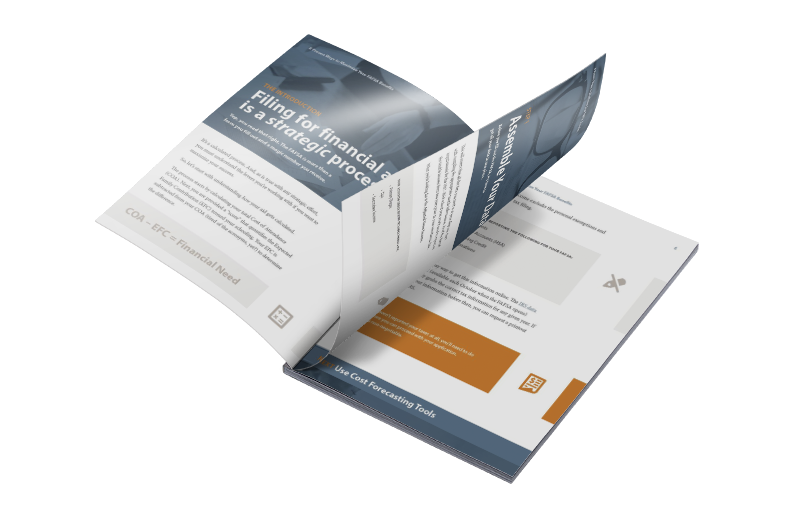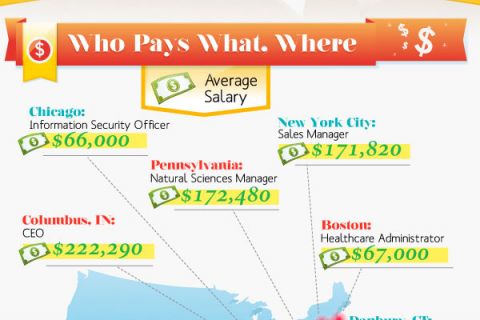Request Information
We're Sorry
There was an unexpected error with the form (your web browser was unable to retrieve some required data from our servers). This kind of error may occur if you have temporarily lost your internet connection. If you're able to verify that your internet connection is stable and the error persists, the Franklin University Help Desk is available to assist you at helpdesk@franklin.edu, 614.947.6682 (local), or 1.866.435.7006 (toll free).
Just a moment while we process your submission.

An Easy Recipe For Choosing Your College Degree
Can the process of choosing a college degree program be likened to following a recipe in the kitchen?
Well, consider a simple recipe: a list of ingredients + assembly instructions = finished dish.
If it were that simple, however, everyone would be a great cook. And, as you know from your last potluck (or, ahem, dinner at your in-laws’), that is most certainly not the case.
Why, even with fast-fix, no-cook or from-the-pantry recipes, there’s usually a two- or three-ingredient minimum.
By its very nature, a recipe is a formula for putting together a series of ingredients. For a recipe to qualify as a success, however, the cook must take that variety of ingredients and combine them into something wonderfully cohesive and complete.
And so it is with your choosing college degree.
Your end product or finished dish, if you will, is making a choice about your degree.
How you get to that decision is the recipe, and it is far bigger than any single ingredient.
Here we present a short “recipe” for how to choose your college degree:
- Choose a degree that fits your skills. Align degree requirements, the rigor of the curriculum, and program outcomes with your natural abilities and your innate interests. If you aren't mathematically inclined, for example, you probably wouldn't want an engineering degree. Play to your strengths and pursue a college degree program that matches well with who you are and what you can do.
- Find a degree program modality that fits your lifestyle. Busy, single parent? Invest in an online degree program with the flexibility to help you complete your degree at your convenience and on your schedule. Prefer to be around people? Then head toward the traditional classroom format for your studies.
- Look for a program that meets your current needs and future wants.Think about your goals for now—and for later. Then look for a degree program that closely aligns with those goals, whether they are career advancement, a financial bump or a complete 180-degree career reversal.
- Be mindful of your budget. If you have lobster tastes but a canned tuna budget, you have a recipe adjustment to make. For example, if you want or need to accelerate your degree completion, investigate degree programs that take the most transfer credits or real-world experience into account. Consider other budget busters besides money, like time, mental energy and other resources.
- Begin with the end in mind. This old Stephen R. Covey principle applies to recipes as much as it applies to life. Every good cook knows to read the entire recipe first. Consider your post-graduation dreams and aspirations in the same light, working backwards from where you’d like to be to where you are now. Then decide which degree program or programs will take you there.
Do you want some personalized advice about which degree programs may be best suited for you? If so, click the banner below for relaxed (aka "no-pressure") conversation with one of our knowledgeable advisors. We're here for just this sort of thing!





